What is Trauma Bonding and How Can It Affect Your Relationships?
Have you ever been in a relationship that felt incredibly intense? Maybe you were “hot and cold” with that person, and you had extremely high points as well as deep low points.
Have you ever thought about why that relationship felt so intense? Maybe you’re experiencing it now with a friend or a significant other. While trauma bonding isn’t always the cause, it’s an important thing to consider.
Let’s take a closer look at what trauma bonding is and why it’s important to understand the impact it can have on your relationships—and your well-being.
The Abuse of Trauma Bonding
Trauma bonding typically occurs in abusive relationships. When a narcissistic partner is able to manipulate you into staying with them, even though they’re causing emotional harm, it creates a type of bond that can make you feel great one moment, and extremely low the next.
The narcissist will eventually make you believe their behaviors are normal. They’ll try to convince you that they’re treating you a certain way because they love you. Over time, you might start to feel like you need that abuse/attention to feel validation and love. Unfortunately, that gives the narcissistic abuser more power and control, creating a vicious cycle that deepens the bond and makes it harder to get out of that relationship.
Who Is at Risk?
Anyone can be a victim of trauma bonding. However, certain people may be more likely thanks to a few risk factors, including:
Low self-esteem
Mental health issues
Past trauma
A lack of support
These signs often make it difficult for the person being abused to recognize what they’re dealing with. As your sense of self-worth gets even lower and you rely on your abuser for validation and love, it’s even harder to break the cycle.
What Are the Signs of Trauma Bonding?
Though it can be hard to see the signs from within a relationship, some of the most common red flags that indicate trauma bonding include:
Feeling indebted to your abuser
Protecting their reputation
Downplaying your own emotions
Providing for your abuser’s every need
You might also notice that friends and family members are concerned for you if you’re in this type of relationship. Have you ever had to defend your abuser to people you love? If so, don’t take their concerns lightly.
How Does Trauma Bonding Impact Your Relationships?
When you’re in a relationship involving trauma bonding, it’s easy for you to lose your sense of self. Over time, your abuser will have you so convinced that you need them in order to be happy and validated that you might feel like you can’t go on without them. That’s exactly what they want from you.
Your relationship might not seem “all bad”. Some moments can be great. Narcissists can make you feel loved and cared for before turning around and making you feel like you aren’t worth anything. This vicious cycle causes far too many people to stay in these abusive relationships.
Not only can it impact the way you see yourself, but it can affect other platonic relationships in your life, too.
If these signs and situations sound familiar, it’s never too late to make a change. You deserve to be in a healthy, happy, fulfilling relationship.
Listen to the people in your life that really care for you. Consider the way your relationship makes you feel and how your partner treats you. If you’re not sure whether you’re ready to “get out” or move forward, don’t feel like you have to handle your emotions on your own. Feel free to reach out and set up an appointment soon.

